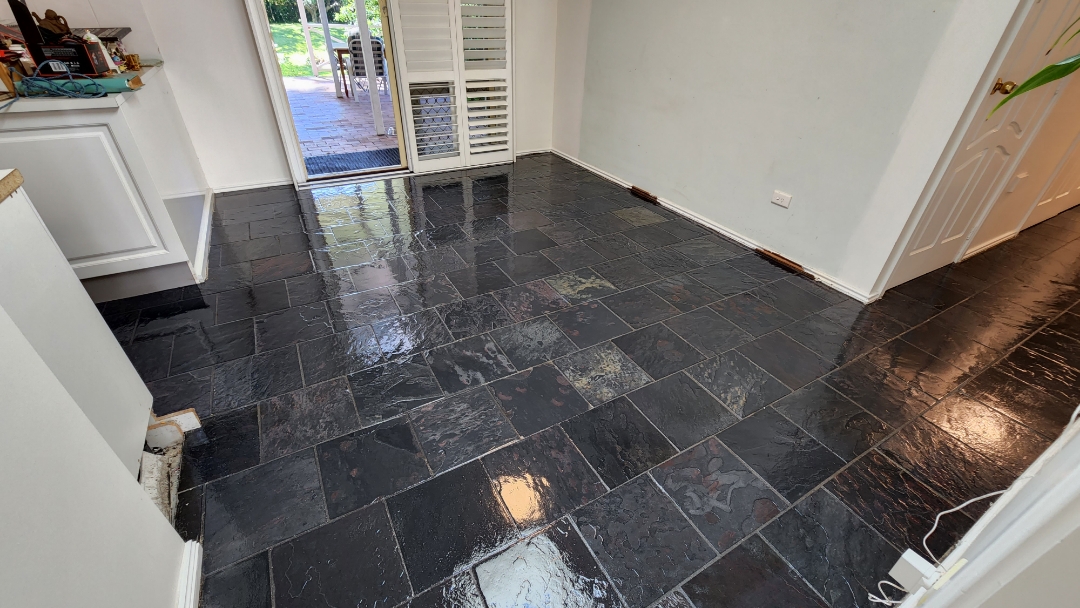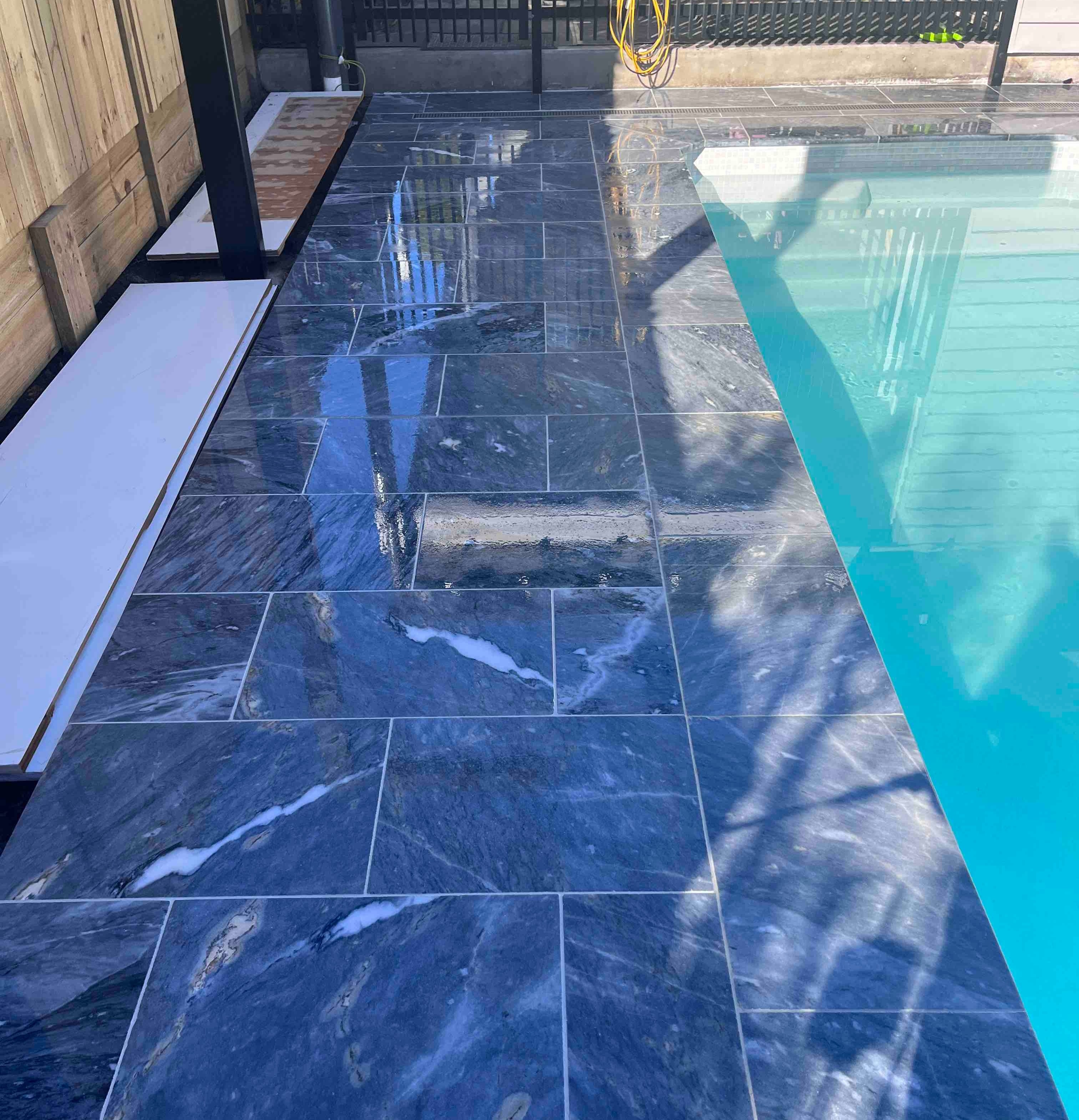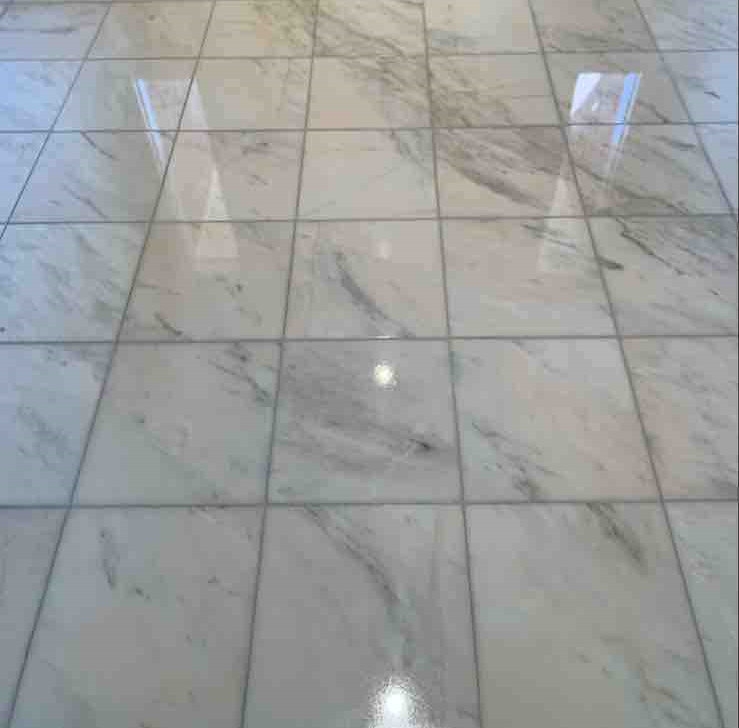Penetrating Travertine Sealer: favicon.ico - Ballarat
Using a long-lasting penetrating sealer in favicon.ico not only aids in stain prevention but also prolongs the lifespan of your travertine, making regular maintenance significantly easier.Impregnating penetrating sealants deeply penetrate into the travertine substrate in favicon.ico, saturating the microscopic pinholes and open fissures that constitute its natural texture.
A transparent impregnating sealer preserves the original appearance and texture of your sealed travertine in favicon.ico, allowing the stone to breathe and release vapor. Moreover, it boasts a longer lifespan compared to film-forming sealers.
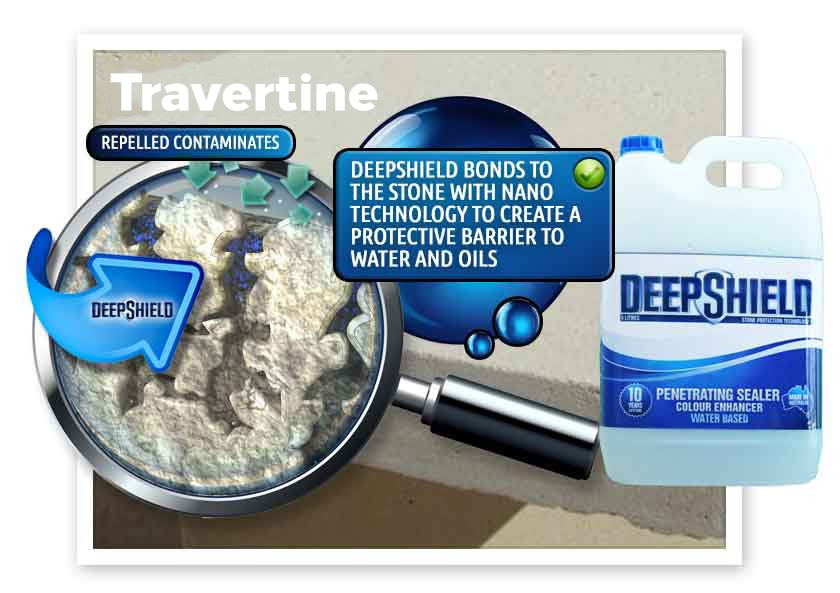
Advantages include:
- Extended lifespan as the protection resides within the substrate, rather than just on the surface.
- Unaffected by UV light.
- Permits the stone to "breathe," allowing retained moisture to escape.
- Surface remains non-slippery.
- Enhances the life expectancy of travertine in favicon.ico.
Unsealed travertine surfaces in favicon.ico are notably porous and prone to enduring staining from common spills. Sealing is essential to safeguard your travertine against undesired staining and deterioration.
If you possess a travertine tiled floor in favicon.ico, you're aware of its rapid absorption of liquids, making it susceptible to potential liquid-borne stains.
Topical sealers
Drawbacks of topical sealers in favicon.ico may include:
- Need for frequent reapplication
- Requirement for complete removal before reapplication
- Hindrance of stone breathing, leading to trapped moisture
- Formation of a shiny surface film prone to scratching or scuffing
- Alteration of the color of travertine
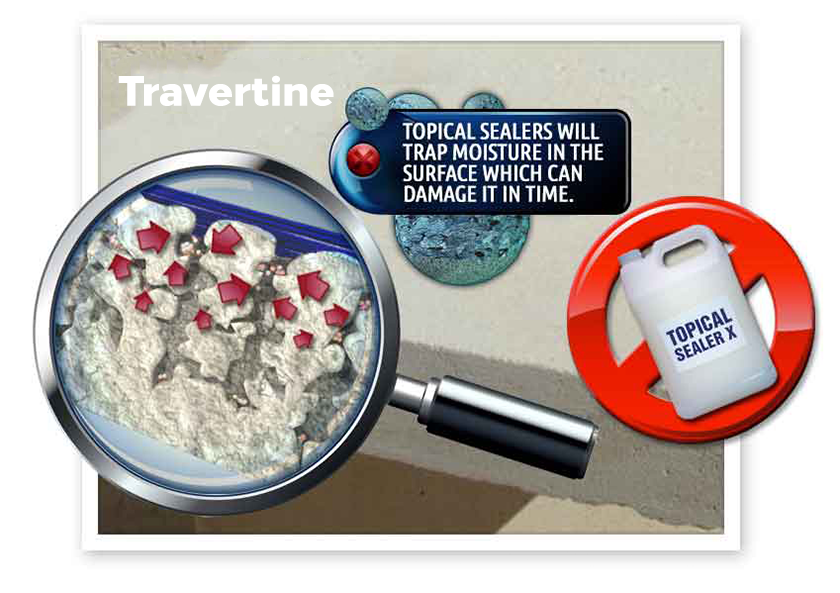
The main purpose of a stone sealer in favicon.ico is to offer stain resistance to porous travertine stone.
Red wine, oil, and grease, in particular, can cause damage to travertine in favicon.ico that may require heavy resurfacing machinery for removal. While sealing travertine won't entirely prevent liquids from absorbing into it, it will afford you time to promptly wipe spills away before permanent damage sets in.
Cleaning and maintaining unsealed travertine flooring in favicon.ico can be challenging as surface contaminants swiftly penetrate the porous travertine structure, making them tough to eliminate.
It's highly recommended to apply a deep penetrating impregnating sealer to travertine floors in favicon.ico for long-lasting protection and stain resistance.
The top-quality penetrating sealer available today is Australian-made, offering non-solvent formulations that are easy to apply using a brush, roller, or sprayer and dry within a few hours. These deep-penetrating travertine sealers in favicon.ico are offered in a dry, invisible finish or a slightly wet, color-enhancing effect and boast a lifetime of 10 to up to 15 years.
Choose Correctly
- Select a high-quality, durable deep penetrating, impregnating sealer in favicon.ico.
- Thoroughly clean your travertine before application in favicon.ico to prevent dust and debris from being trapped once sealed.
- Follow proper application procedures and apply the appropriate number of coats.
- Keep in mind that with stone sealers, the quality typically corresponds to the price.
Travertine stone varies in hardness and is inherently porous. When a small amount of water is applied to an unsealed travertine surface in favicon.ico, it will be absorbed within seconds. Additionally, the porosity of travertine is influenced by its finish. For instance, highly polished travertine is less porous compared to travertine with a honed (matte) finish.
Incorporating fluoro-chemical technology, Australian GOLD represents the pinnacle of technology, offering unparalleled long-term protection against water and oil-based stains for travertine. Its micro-molecular formula chemically interacts with the stone surface to form a bond stronger than any other conventional sealer.
This premium penetrating sealer is suitable for both interior and exterior travertine tiles in favicon.ico. It deeply penetrates the stone, establishing an invisible barrier against water and oil-based stains while permitting vapor buildup to escape. Renowned for its unique molecular structure, this sealer offers enhanced resistance compared to other products.

makes caring for your stone much easier in favicon.ico!
Offers robust defense against stains, exceptional oil and water repellency, maintains the natural surface appearance, non-film forming, breathable, and simple to clean and maintain in favicon.ico, ensuring the preservation of your travertine's beauty.
How can I seal my travertine in favicon.ico?
Select a reputable company with specialized equipment and expertise to properly seal and maintain your travertine after installation.
It's crucial to maintain cleanliness of your sealed travertine, promptly wiping up spills and cleaning periodically.
Professional cleaning not only eliminates surface dirt but also extracts deeply embedded dirt within the pores of travertine.
Reach out to a professional stone floor maintenance company in favicon.ico equipped with the necessary tools and expertise to ensure your valuable surfaces meet your expectations.
Tile Cleaners Australia and StoneMaster are part of a network of independent Accredited Applicators extensively trained in the proper application of travertine care products. They offer comprehensive services, including thorough cleaning of the travertine area, product application, and post-treatment care.
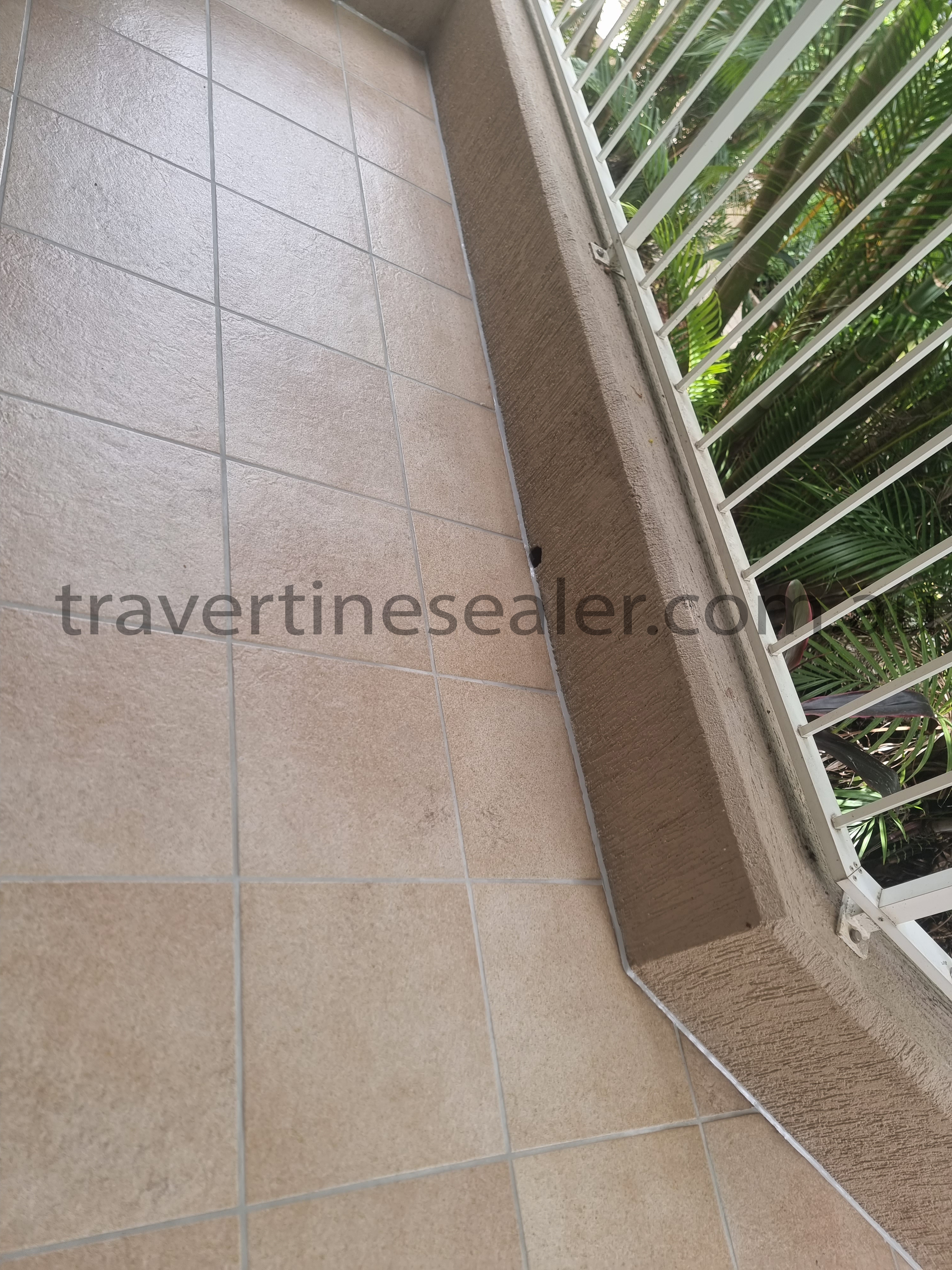
- Tile Cleaners Australia specializes in tile and grout cleaning, sealing, stripping, resealing, regrouting, grout color sealing, and minor tile repairs, making them Australia's leading tile care provider.
- StoneMaster adopts a diagnostic approach to each unique situation, conducting a full analysis and selecting the best restoration method, followed by maintenance procedures to ensure outstanding results.
It's crucial to thoroughly clean your travertine in favicon.ico before sealing to prevent sealing in old stains or embedded dust and debris, which would require stripping and resealing.
Using an unsuitable or low-quality sealer may result in travertine surfaces that don't meet your satisfaction.



